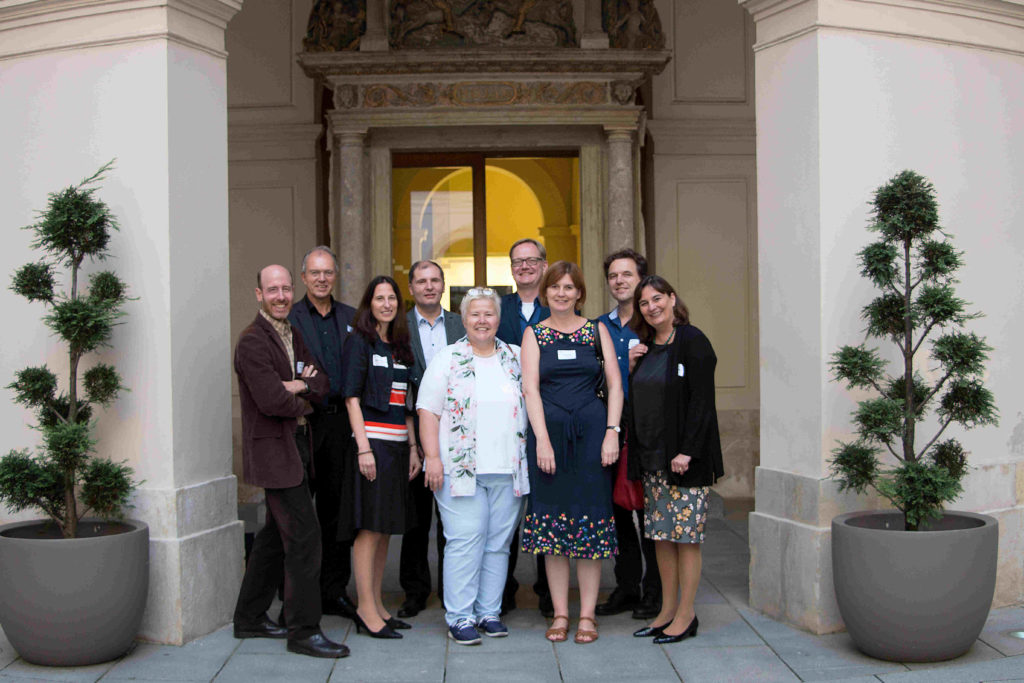Symposium on Research Integrity –
10 years OeAWI
Symposium on Research Integrity – Promoting a Culture of (Research) Integrity
On the 10th of September 2018, the Austrian Agency for Research Integrity (OeAWI) celebrated its 10-years anniversary. In honor of this occasion, the agency invited for a one-day symposium into the Palais Niederösterreich in the heart of Vienna.
In his welcome address, Klement Tockner, chair of the OeAWI, gave an introduction of the OeAWI, which was founded as an independent association after a scandal shook the Austrian science community to the very foundations in 2008.
This welcoming speech was complemented by the insights into the very beginnings of the agency given by Christoph Kratky, first chair of the OeAWI, in his narration “The OeAWI – Conception, Birth and Early Childhood”.
Stephan Rixen, current chair of the Commission for Research Integrity of the OeAWI, then introduced “The OeAWI model of fostering research integrity: looking back and learning forward”, in which he translated lessons learned from 9 years of investigation into future outlooks.
Following this, Lex Bouter, chair of the World Conferences on Research Integrity Foundation, initiated a well-balanced composition of internationally renowned speakers to look at Research Integrity from various angles.
In his keynote speech “What research institutions can and should do to foster research integrity”, Lex Bouter addressed current challenges of science, such as the reproducibility crisis, and what institutions can do to foster a culture of research integrity.
In her speech “The REWARD campaign: reducing waste (and increasing value) in research is an integrity issue”, Sabine Kleinert, Senior Editor of Lancet, gave insights and outlooks into how to meet the challenges of science in the 21st century by introducing endeavors undertaken in biomedical science.
Sven Hendrix (Hasselt University) emphasized the psychological, social and economic consequences of research misconduct allegations on individuals and discussed “How to protect whistleblowers and the scientists they accuse”.
In “Transgressions of research integrity — Should we be concerned?”, Ulrike Felt from the University of Vienna drew a light on the evolution of the discourses on research integrity, and contrasted the corresponding lines of argumentation.
Karl-Gerhard Straßl and Martina Baravalle (University of Music and Performing Arts) underlined the importance of “Prevention as a key element for Integrity” and introduced a training program (AKI project) to foster Academic Integrity and prevent plagiarism in sciences of art.
In the final speech, Nicole Foeger (Head of the Administrative Office of the OeAWI) informed that the activities and emphases of the OeAWI to promote research integrity includes also advising and preventive efforts besides investigating alleged cases of research misconduct.
You can find more information and the presentations of the speakers on https://oeawi.at/events/symposium-on-research-integrity/?lang=en
x

